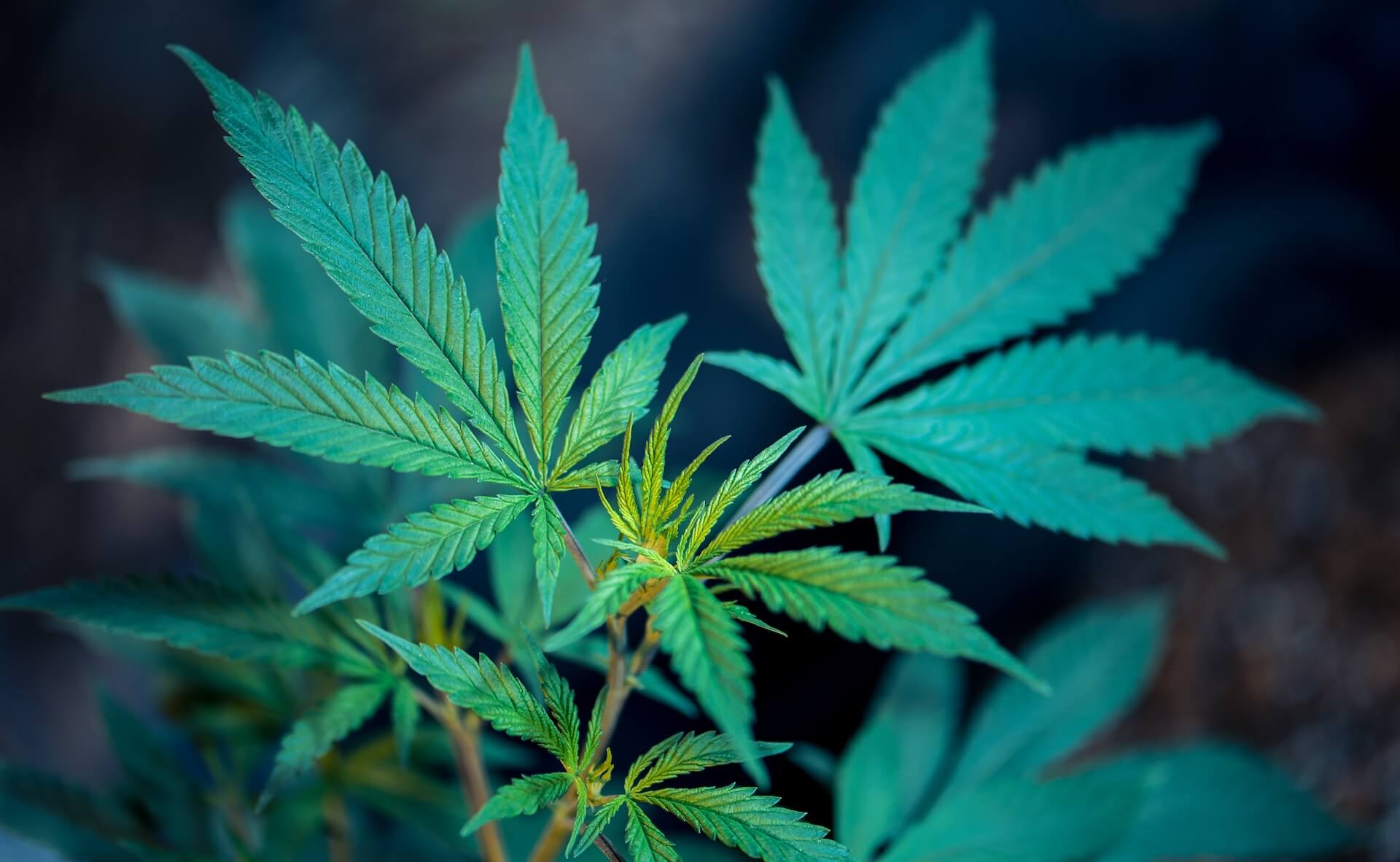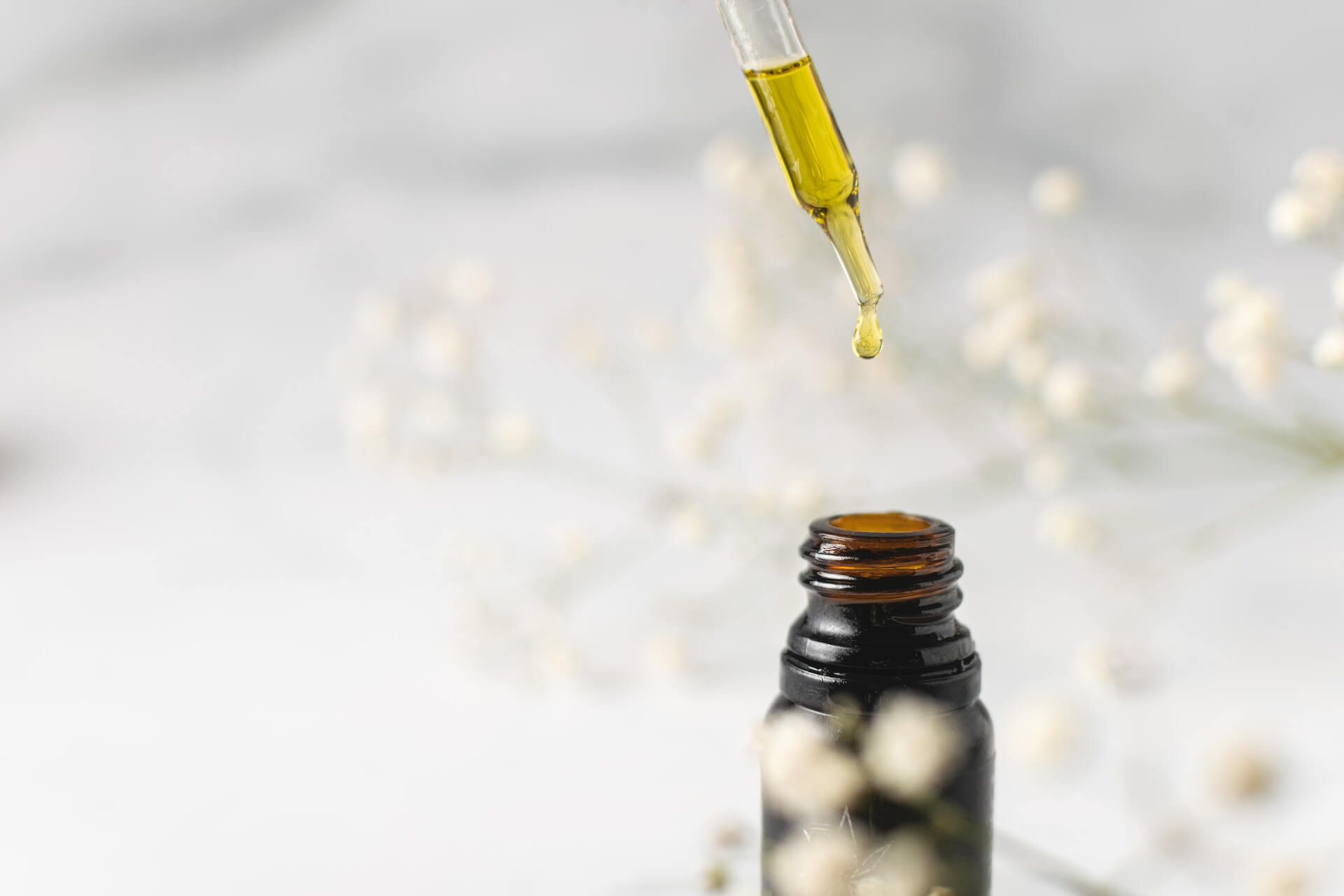THC and CBD are two major components of cannabis that have significant differences. Let’s explain the differences in their effects, synergistic effects, and side effects, as well as important points to consider when purchasing and using cannabis or CBD products that have gained attention in recent years.
What are THC and CBD?
THC (tetrahydrocannabinol) and CBD (cannabidiol) refer to cannabinoids, which are the components of the cannabis plant.
THC and CBD have similar structures, and their chemical formulas are identical. However, they have different atomic arrangements and therefore have distinct structures. This structural difference leads to significant variations in their effects on the body when consumed.
THC has a dramatic psychoactive effect, commonly known as getting high. Due to its ability to induce a high, it is used as a raw material for marijuana and is regulated in many countries. However, THC has also been found to have positive effects on the body, and there are countries and regions that allow its use for medical purposes.
CBD, unlike THC, does not produce the intoxicating effects typically associated with cannabis use. CBD has been confirmed to have various beneficial effects on both the mind and body and is known to improve symptoms of certain diseases.
THC has psychoactive effects

THC brings about a strong psychoactive effect, resulting in heightened senses of vision, hearing, taste, and an elevated mood with increased cravings.
The effects of THC vary depending on the method and amount of consumption, as well as individual factors. Personal factors such as age, gender, weight, genetic makeup, and frequency of cannabis use can influence the effects, and the effects can take up to 24 hours to fully dissipate and can be detected in the bloodstream for more than 7 days.
While the focus is often on the intoxicating effects, THC is also known to have analgesic, sedative, and appetite-stimulating effects. As a result, it is recognized for medical use in countries like Canada.
THC has been shown to have addictive properties. Some argue that its level of dependency is comparable to caffeine, but if used incorrectly, it can have an impact on mental and brain functions.
CBD impacts overall mind and body health

CBD contributes to maintaining overall mind and body health. In contrast to THC, which acts on the mind, CBD consumption produces a relaxation effect.
CBD is effective not only for relieving everyday minor stress but also for addressing more significant mental issues such as depression, anxiety, and panic disorders.
Additionally, CBD is believed to have pain-relieving, anti-inflammatory properties, and can alleviate symptoms of conditions like arthritis, atopic dermatitis, and acne.
WHO has provided evidence and suggestions regarding the effectiveness of CBD in treating various symptoms of illnesses. It has been confirmed that CBD has no potential for abuse or risks to personal or public health.
Although it is considered safe, it is important to note that this perspective simply means that “no adverse effects have been confirmed,” and it does not guarantee safety. Therefore, caution is necessary.
In Conclusion
We have explained the effects and differences between THC and CBD, the major components of cannabis. THC induces strong psychoactive effects, while CBD contributes to maintaining overall mind and body health. It is crucial to familiarize oneself with the effects and usage methods before using products containing these components.
